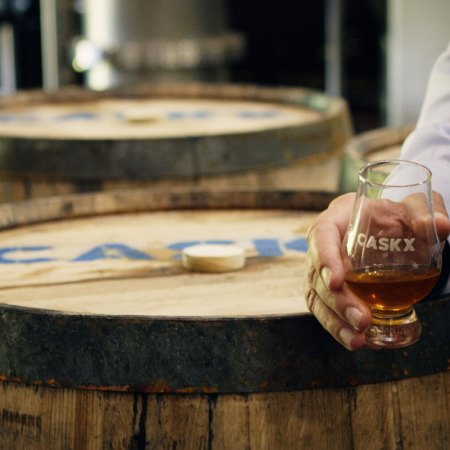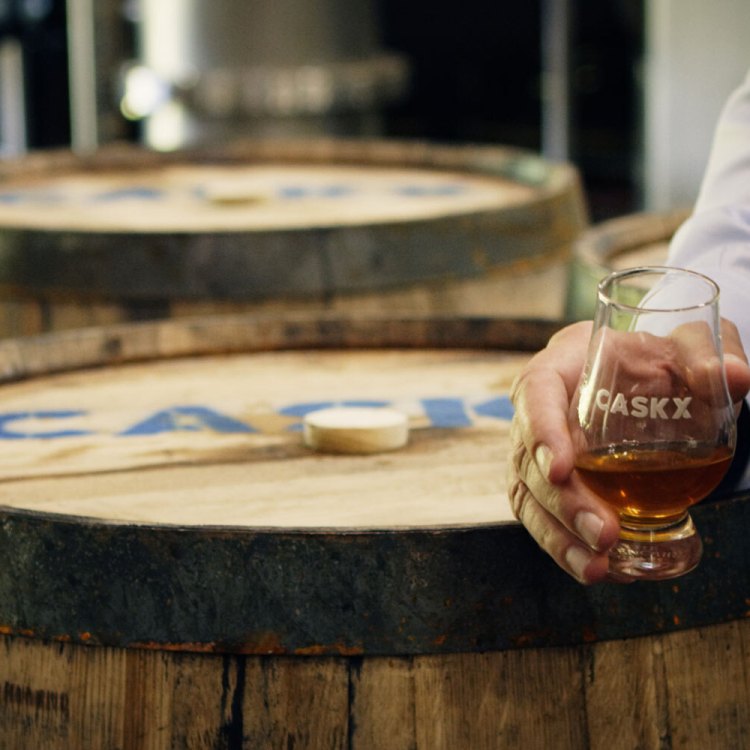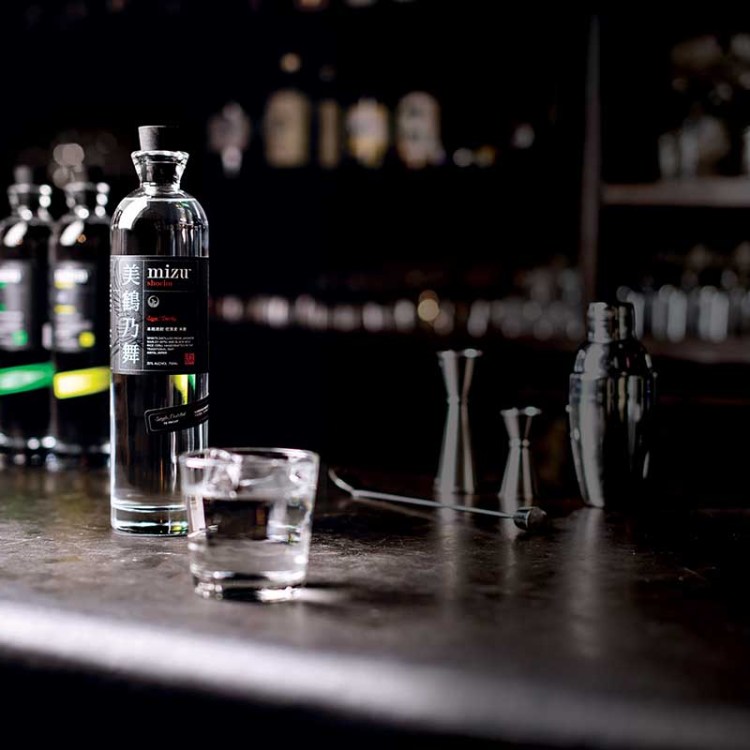The “angel’s share” of whiskey is the small percentage of the resting spirit that evaporates each year from the barrel.
The evaporation helps with the liquid’s maturation and smooths out your spirit. But those ethanol vapors don’t fly to the angels — once they hit the air, they’ll combine with moisture and head back down to the ground, where a fungus called Baudoinia Compniacensis takes hold. And that’s becoming a far-reaching problem in the bourbon capital of Kentucky, according to a new report by Atlas Obscura.
This fungus, which resembles chimney soot, can survive severe both severe heat and cold. While it has no known health effects, it has left a lot of neighboring buildings dirty, sticky and black. The growing popularity of bourbon fueled an increase in the fungus as well, as the number of distilleries in the state has climbed 250 percent in a decade.
Don’t look for legal remedies, at least in Kentucky. A class-action lawsuit filed in the state in 2012 against five major distilleries was recently dropped, but similar legal action in Scotland and in the Virgin Islands appears to be on-going.
A few possible solutions remain. Brandy distilleries in California, for example, use ethanol-capturing equipment. And a few years back, companies like Diageo were experimenting with using plastic wrap around the barrels to prevent evaporation — the problem there being that evaporation is actually good for the liquid inside, if not the surrounding environment.
Subscribe here for our free daily newsletter.
Thanks for reading InsideHook. Sign up for our daily newsletter and be in the know.


















